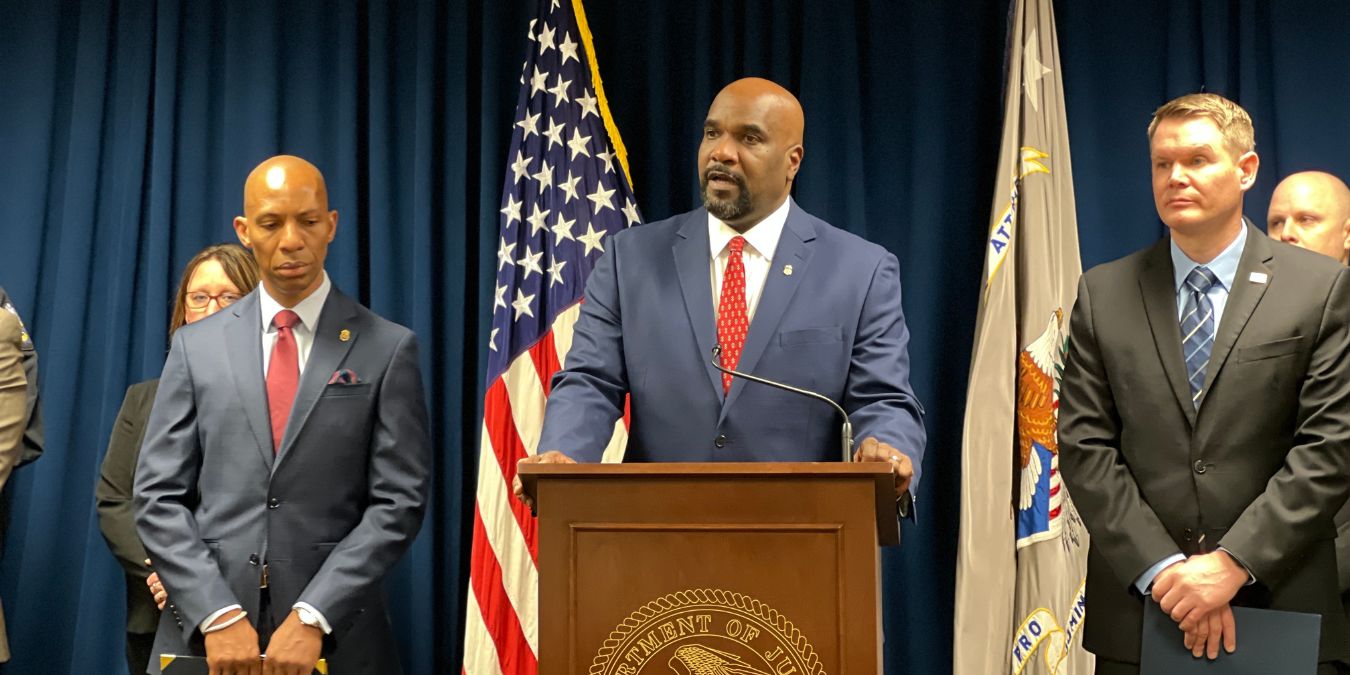An Indian national, Banmeet Singh, pleaded guilty to selling controlled substances on darknet markets and agreed to forfeit $150 million in cryptocurrency. Singh orchestrated a sophisticated operation distributing drugs across the United States and abroad from mid-2012 through July 2017, involving multiple dark web sites and international shipping methods.
Key Insights

- 40-year-old, Banmeet Singh, agreed to forfeit approximately $150 million in cryptocurrency.
- He operated vendor marketing sites on dark web marketplaces such as Silk Road, Alpha Bay, Hansa, and others.
- The substances sold included fentanyl, LSD, ecstasy, Xanax, Ketamine, and Tramadol.
- Controlled at least eight distribution cells within the U.S., including in Ohio, Florida, North Carolina, Maryland, New York, North Dakota, and Washington.
- Singh was arrested in London in April 2019, and extradited to the United States in 2023, finally sentenced in 2024.
- Singh faces an agreed upon sentence of eight years in prison.
At the age of 40, Banmeet Singh from Haldwani, India, led a major illegal operation which was well hidden within the dark web. Banmeet Singh’s recently plead guilty and forfeited $150 million in a variety of cryptocurrencies. This case shows how the ongoing battle against the digital criminality are so evident and its ongoing illegal drug trafficking.
Banmeet Singh and traffickers like him think they can operate anonymously on the dark web and evade prosecution. Today’s guilty plea, which includes forfeiture of approximately $150 million in cryptocurrency, demonstrates that the Justice Department will hold criminals who violate U.S. law accountable no matter how they conceal their activity. Together with our international partners, we will continue to find criminals lurking in the darkness and bring their crimes to light.
Acting Assistant Attorney General Nicole M. Argentieri
How This Crime Was Commited
Instead of sticking to just one site, Singh cleverly used several well-known dark web marketplaces, including Silk Road, AlphaBay, and Hansa, to sell illegal drugs. He dealt in a variety of dangerous drugs like Fentanyl, LSD, ecstasy, Xanax, Ketamine, and Tramadol. He managed his operations from Europe, arranging for these illegal drugs to be sent to the United States through common postal and courier services.
Allegedly, Singh’s method for handling money was through a variety of cryptocurrencies, which are digital forms of money popular for their namelessness on Darknet Markets, making it harder for authorities to trace transactions.
The Drug Enforcement Administration (DEA), the IRS Criminal Investigation team (IRS:CI), Homeland Security Investigations (HSI), the U.S. Postal Inspection Service (USPIS), and local police in Upper Arlington and Columbus, Ohio, all led this big effort. They didn’t work alone; they had help from across oceans. The UK’s National Crime Agency (NCA), Crown Prosecution Service (CPS), and UK Central Authority (UKCA) all pitched in. This teamwork across borders highlights just how widespread darknet vendor crimes can be, and why it’s so important for law enforcement from different parts of the world to join forces.
Dismantling online marketplaces that seek to poison our communities is a top priority for Homeland Security Investigations. Capitalizing on our international footprint and our law enforcement partnerships, we will do everything we can to safeguard Ohio communities against drug traffickers. Today’s guilty plea is the culmination of years of hard work across multiple jurisdictions both here in the United States and internationally.
Acting Special Agent in Charge Shawn Gibson
Leading Up To Singh’s Arrest
When Singh was caught in London in 2019, it was a big step for the investigation. In 2023, Singh was sent back to face charges. When they managed to get Singh deported four years later, it was another win.
Singh is now waiting to find out exactly when he’ll be sentenced, but in the interim, plead guilty accepting eight years in jail. A judge will set the date and make a decision concerning Singhs future, taking into account different laws and important details regarding this case. This whole case is a big warning to anyone thinking about using the dark web for breaking the law.
The guilty plea serves as a reminder that IRS:CI special agents will uncover illegal activity here and abroad, pierce the perceived veil of anonymity provided by cryptocurrencies, and bring those responsible for laundering drug proceeds to justice. IRS will continue to push the agency to the forefront of complex cyber and money laundering investigations and work collaboratively with our law enforcement partners to protect the American public.
Special Agent in Charge Bryant Jackson
Taking away $150 million in cryptocurrency from Singh sets a new record for cases involving the dark web and drug trafficking. This large financial hit, not only disrupts Singh’s illegal business but also sends out a strong warning about the risks of getting involved in these criminal activities. More than just taking money away, this shows how good law enforcement has gotten at finding and taking control of digital money involved in crimes.
It really proved how determined and committed these law enforcers are to making sure justice is served, no matter where the bad guys try to hide. The journey to catch Banmeet Singh and bring him to justice shows how countries and various police forces can work together effectively.
The story of Banmeet Singh gives us a clear view of the fight against illegal activities on the darknet, particularly with cybercrimes, weapon trafficking and drug trafficking. It shows the complex issues police and other agencies face in today’s digital world. The confidentiality that the dark web offers and the use of digital currencies bring up new challenges that demand special skills and teamwork across countries.

Hey there, I’m a dark web geek who’s been around for the last 8 years. More precisely, I’m livedarknet’s senior content writer who’s been writing about darknet marketplaces, tutorials, and cybersecurity stuff for educational purposes.

